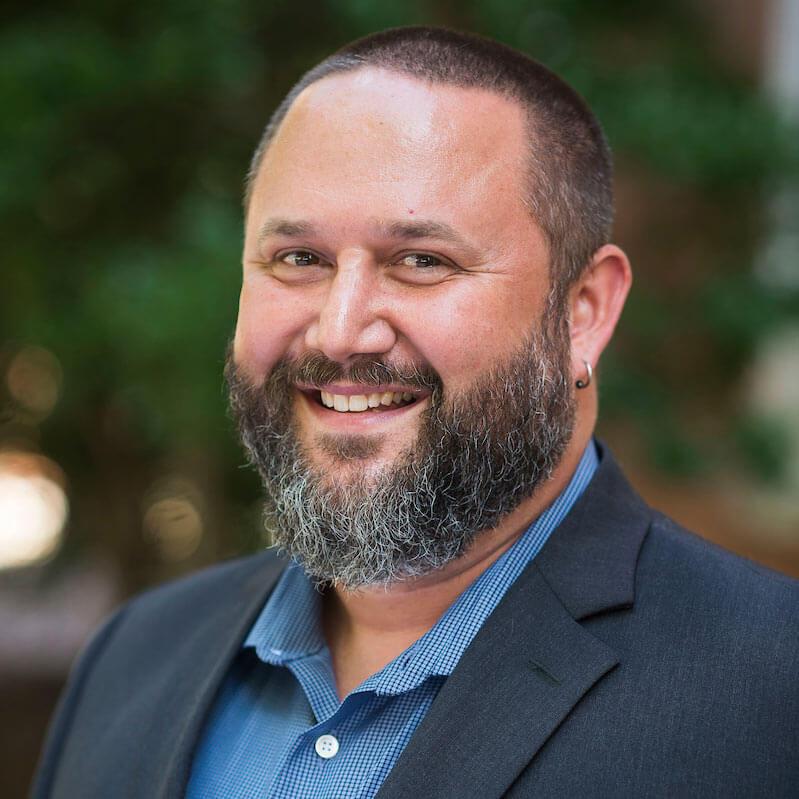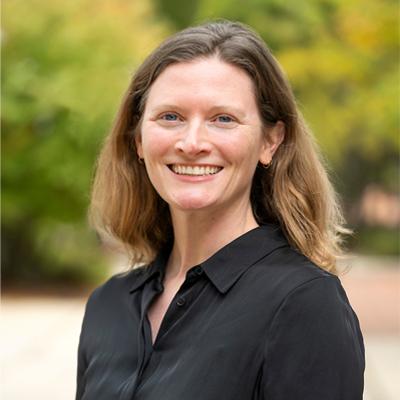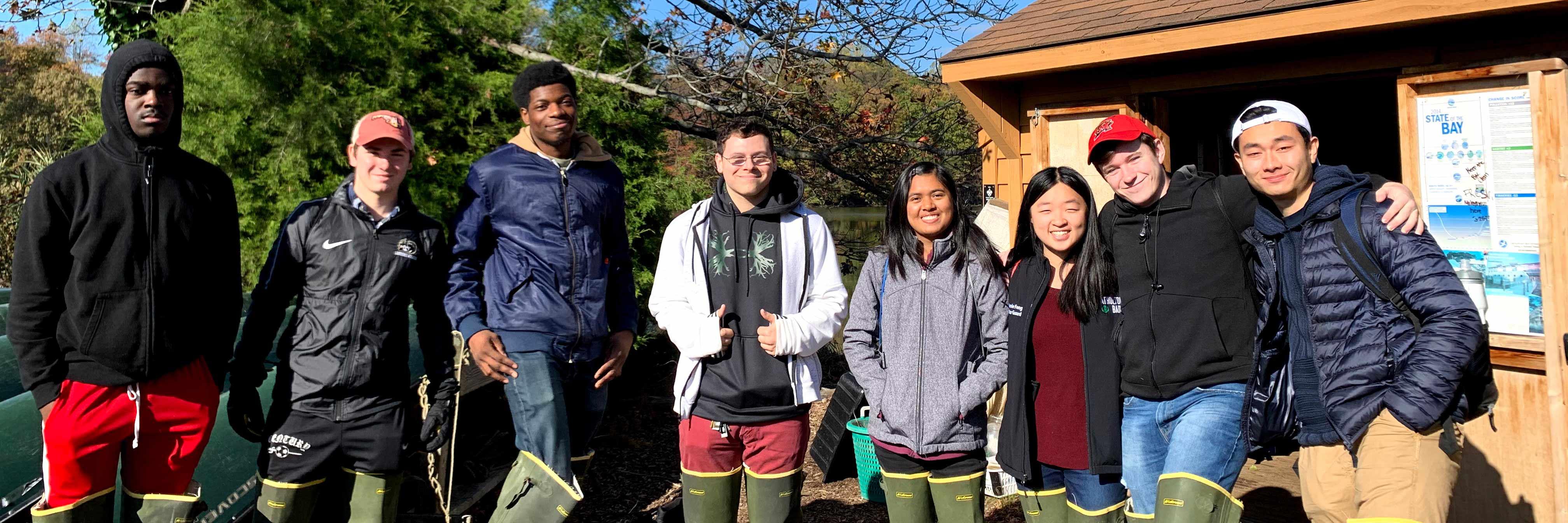Environment, Technology and Economy
Sustainability through the lenses of technology and economy
Introduction
Human life and survival depend on the health and availability of the planet's natural resources, from water and air to fossil fuels and other energy sources. In this context, what does it mean to each of us to be a citizen of this community, this country, and this world?
The Environment, Technology and Economy (ETE) program takes on the complex and urgent issues of global sustainability from an environmental, social and economic perspective.
Students explore:
- Human impacts on ecosystems and the natural environment;
- The role of food systems in the just and sustainable production of food; and
- The impact of policy on society and the environment.
The program offers a holistic and intersectional view of sustainability, examining how institutional systems and traditional power structures create differential exposure to environmental hazards depending on race, gender, and national origin. Ultimately, students are encouraged to work towards a more just and sustainable future, both in their personal lives and as agents of systemic change.
ETE is ideal for students who are interested in engaging with the world and their communities. All majors are welcome and in fact, encouraged, to ensure a diversity of perspectives.
Colloquium and Lecture Topics
- The impacts of waste on people and the planet
- Global climate change and ecosystem services
- Guest lectures from experts on Climate Change, Indigenous foodways, insect pollinators, environmental policy and other topics
- Sustainable and regenerative approaches to food production and distribution, with an emphasis on the historical roots of these practices in Black and Indigenous cultures
- Corporate sustainability and ecological economics
- New and emerging trends in energy, transportation, biotechnology, and computer science
Learning about the interconnected relationship between environmental issues, economic security and social equity has helped me find connections between my ETE coursework and other classes.
Other Learning Opportunities
ETE offers a variety of opportunities to enhance students' classroom learning. UMD's location near Washington, DC, means students have access to world-class museums and to organizations with national influence.
Students also have the opportunity to:
- Work with a team to write a grant proposal to address an issue they care about, with the opportunity to implement the grant with faculty support;
- Learn about the history and ecology of the Anacostia River with the Anacostia Watershed Society while canoeing with friends;
- Hike in the region's many green spaces, including the Arboretum and Botanical Garden that is the UMCP campus, to experience firsthand the positive impact outdoor activity has on mental health;
- Tour Philip Merrill Environmental Center, the world’s first LEED-platinum building;
- Explore permaculture practices and native plant dining at Forested LLC, an experimental food forest.
ETE further works closely with UMD's Office of Sustainability, Resident Facilities, the UMD Arboretum and Botanical Garden, and other partners to facilitate sustainable initiatives on campus. Student projects have included revitalizing an interpretive trail on the Wooded Hillock, reducing student water use in showers, a tree-safe location for hammocks, and installing an algal turf scrubber to clean up campus waterways. Several projects have been awarded grant money so students can put their ideas into action.
Curriculum Overview
Over the two-year program experience (four semesters), students will complete two supporting courses that will count toward their ETE Scholars citation. In most cases, these will fulfill General Education requirements. Note that your Scholars courses—colloquium, practicum and supporting course—will generally be in addition to any courses you take to satisfy major requirements.
The following table represents a typical two-year curriculum, but individual schedules may vary. Details about courses and requirements can be found on the ETE Citation Checklist.
| SEMESTER | COURSE | CREDITS |
|---|---|---|
| Freshman Fall | Scholars Colloquium | 1 credit |
| 4–5 courses toward degree and major requirements (including possible supporting course) | 12–15 credits | |
| Freshman Spring | Scholars Colloquium | 3 credits |
| Academic Writing | 3 credits | |
| 2–3 courses toward degree and major requirements (including possible supporting course if not already completed) | 6–9 credits | |
| Sophomore Fall | Scholars Colloquium | 1 credit |
| 4–5 courses toward degree and major requirements (including possible supporting course if not already completed) | 12–15 credits | |
| Sophomore Spring | Scholars Practicum | 1–3 credits |
| 4–5 courses toward degree and major requirements (including possible supporting course if not already completed) | 12–15 credits |
Sponsoring College
Residence Hall
Chestertown Hall
Office Address
1108B Chestertown
Office Phone
Faculty


Social Media Etc.
The Diamondback: UMD’s first year book panel discusses how students can act on environmental issues, October 2022
Environment, Technology and Economy News
Scholars Launch Food Truck Business
Two graduates of the College Park Scholars program have channeled their entrepreneurial passions in the launch of their new food truck business. The Q Truck officially launched Sept. 2, along with several other popular trucks from the DMV area. Former Environment, Technology and the Economy Scholar David Engle and senior Business, Society and the Economy Scholar Chris Szeluga decided to start this new business venture soon after new legislation in Prince George’s County allowed food trucks in designated Food Truck Hubs, Engle said.
Scholars Take Action for Climate at Campus Summit
Scholars students came out in full force for the Climate Action 2016 forum and summit on campus and in DC from May 4-6. The three day-long events focused on climate change and sustainability, looking at how to turn a problem into an opportunity for change. Eight current Scholars found their niche interning with Climate Action 2016 through the Public Leadership (PL) and Environment, Technology and Economy (ETE) programs. “James [Stillwell] offered PL students the option to intern with him this spring, and myself as well as a few of my peers jumped at the opportunity,” freshman PL Scholar and psychology major Pamela Kekst said.
Environment, Technology and Economy Students Awarded Sustainability Grant to Reduce Campus Water Consumption
A group of five students from the Environment, Technology and Economy program are working to install water meters in North Campus residence hall showers to educate students about water usage and reduce their water consumption. The Office of Sustainability awarded the team, known as Team Shower Power, a $4,260 grant to fund the project. "[The grant] is funding purchasing of the shower meters and purchasing of the materials for the educational campaign component,” said Jada Mosley, a sophomore English and environmental science and policy major. “So once we actually have data, we can tell them [students] what the shower meters are actually for and we can tell them how they can reduce their water use.”
